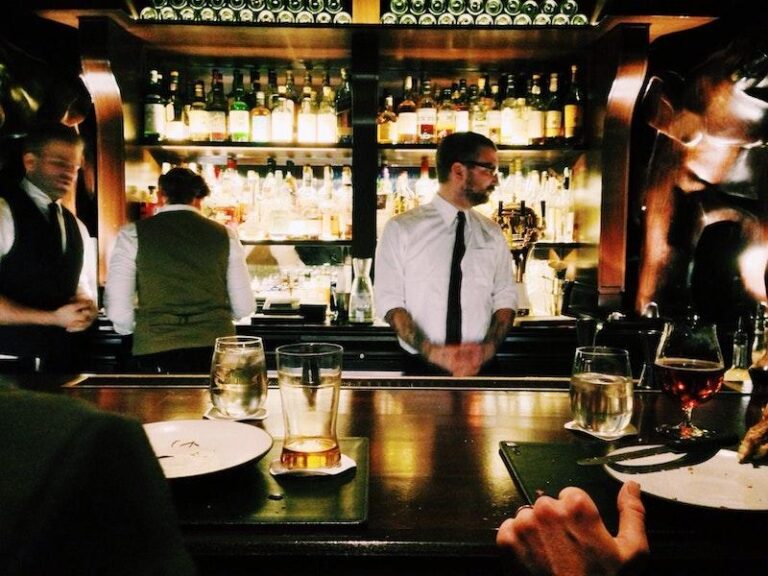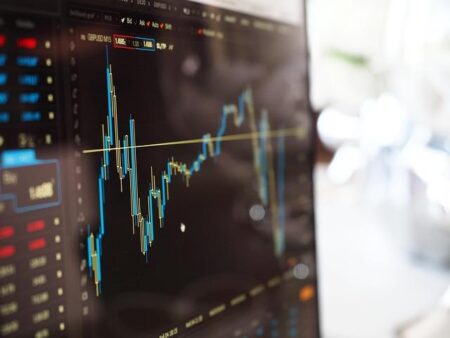Sales at bars and restaurants across Brazil have experienced a noticeable decline amid growing concerns over recent beverage poisoning incidents, Reuters reports. A new survey highlights the impact these health scares are having on consumer behavior, as patrons increasingly avoid drinking establishments linked to contamination cases. Industry experts warn that the fallout could pose significant challenges for the country’s hospitality sector, already grappling with the economic repercussions of the pandemic. This article examines the survey findings and explores the broader implications for Brazil’s bar and restaurant industry.
Impact of Beverage Poisoning Cases on Brazil’s Hospitality Industry Sales
The recent surge in beverage poisoning incidents has sent shockwaves through Brazil’s hospitality sector, triggering a noticeable dip in consumer confidence. Bars and restaurants, traditionally bustling hubs of social activity, are witnessing dwindling foot traffic as patrons grow wary of potential health risks. Industry insiders highlight that this decline is not uniform but more pronounced in metropolitan centers where reports have been most frequent. According to recent data, establishments in SĂŁo Paulo and Rio de Janeiro have reported sales reductions averaging 15-20% over the past quarter.
Several key factors underpin this downturn:
- Heightened health concerns among consumers, prompting avoidance of on-premise beverage consumption.
- Negative media coverage amplifying fears related to contaminated drinks.
- Increased regulatory inspections leading to temporary closures and operational disruptions.
| City | Average Sales Decline | Reported Incidents |
|---|---|---|
| SĂŁo Paulo | 18% | 35 |
| Rio de Janeiro | 20% | 28 |
| Belo Horizonte | 12% | 15 |
Consumer Confidence Declines as Safety Concerns Rise in Bars and Restaurants
Recent reports indicate a significant erosion of consumer trust in Brazil’s hospitality sector as safety concerns linked to beverage poisoning cases have triggered a sharp decline in bar and restaurant patronage. Industry insiders point to a growing apprehension among customers, who are now more cautious about dining out, especially in venues where food and drink hygiene protocols appear lax. This shift has led to a downturn in sales, with many establishments struggling to maintain revenue levels amid a wave of negative publicity and heightened public anxiety.
Key factors contributing to this decline include:
- Widespread media coverage highlighting multiple poisoning incidents over recent months
- Consumer demand for transparency regarding ingredient sourcing and preparation standards
- Increased government scrutiny and regulatory checks impacting operational confidence
| Month | Sales Drop (%) | Reported Incidents |
|---|---|---|
| January | 5.2% | 3 |
| February | 8.7% | 7 |
| March | 12.4% | 10 |
Strategies for Restoring Trust and Boosting Revenue in Affected Brazilian Establishments
To regain consumer confidence after the beverage poisoning incidents, establishments must prioritize transparency and proactive communication. Businesses should openly share detailed information about the measures they have implemented, such as enhanced quality control protocols and rigorous supplier vetting processes. Integrating visible safety certifications and regular staff training updates on food safety can reassure patrons that their health is a top priority. Additionally, leveraging digital platforms to broadcast these efforts allows establishments to rebuild trust beyond their physical premises.
Effective tactics include:
- Launching loyalty programs offering discounts or complimentary items to returning customers
- Hosting community events that highlight commitment to hygiene and product quality
- Collaborating with local health authorities to receive endorsements or participate in awareness campaigns
- Implementing customer feedback systems to promptly address concerns and demonstrate responsiveness
| Strategy | Expected Impact | Timeframe |
|---|---|---|
| Transparency Campaigns | Improve public perception | Immediate (1-3 months) |
| Loyalty Programs | Increase repeat visits by 20% | Short-term (3-6 months) |
| Health Partnerships | Gain trusted endorsements | Medium-term (6-12 months) |
Concluding Remarks
As Brazil’s hospitality sector grapples with the fallout from recent beverage poisoning incidents, the decline in bar and restaurant sales underscores the challenges facing the industry. Stakeholders are calling for enhanced safety measures and greater regulatory oversight to restore consumer confidence. Authorities continue to investigate the cases, aiming to prevent further incidents and support the recovery of one of Brazil’s key economic sectors.




